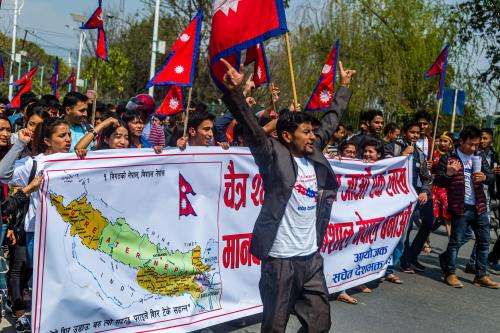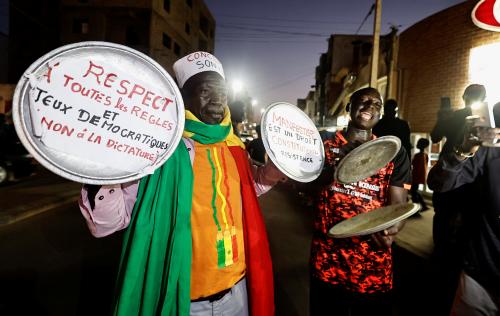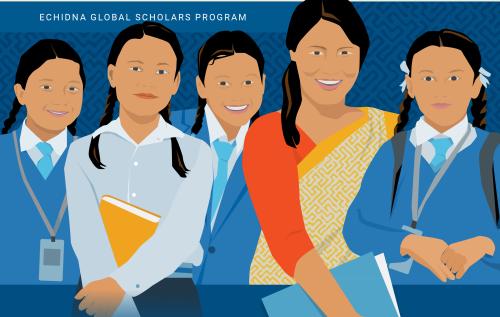What shapes mass attitudes towards constitutional reforms in post-conflict contexts? Constitutional reform has long been a priority for states emerging from conflict, where there is a need to rectify the marginalization of certain groups, define the scopes of authority of different institutions, and delineate power-sharing arrangements. Yet, because constitutional reforms are often led by political elites, we typically lack insights into the views of the broader populace.
Drawing on prospect theory, we argue that individual attitudes towards constitutional reforms reflect calculations of risk and benefits in a context of high uncertainty. Those individuals who were most affected by violence in past conflict may be eager to secure any gains from what is being offered in a reformed constitution and therefore accept “sure bet” reforms rather than risk a prolonged negotiation to gain even more concessions. Others, especially those who see the reforms as a unique opportunity to renegotiate their future position in the political settlement, may feel there is nothing to lose by holding out to get the concessions they’ve long been denied.
We test this argument in Nepal, where a new constitution was adopted in 2015 following a commitment made in the Comprehensive Peace Accord (CPA) that officially ended a ten-year civil war. We conducted a survey of over 1,000 respondents seven months after the constitution was promulgated. To understand patterns of support, we implemented a secret ballot mock referendum, asking respondents to indicate whether they would vote to support or oppose the new constitution. We find that those citizens most exposed to civil war violence were most likely to express support for the constitution and the way in which political parties ultimately finalized the process. By contrast, a segment of marginalized ethnic minorities was more likely to oppose the constitution and wanted to hold out longer until greater consensus was achieved. Overall, the paper makes several contributions, including highlighting that the pathway to peace and democratic transition requires consideration of not only different groups’ concrete wins and losses but also how much they value assured gains against uncertain losses.







Commentary
Sure bets or risky gambles? Understanding popular support for post-conflict constitutions
June 16, 2023